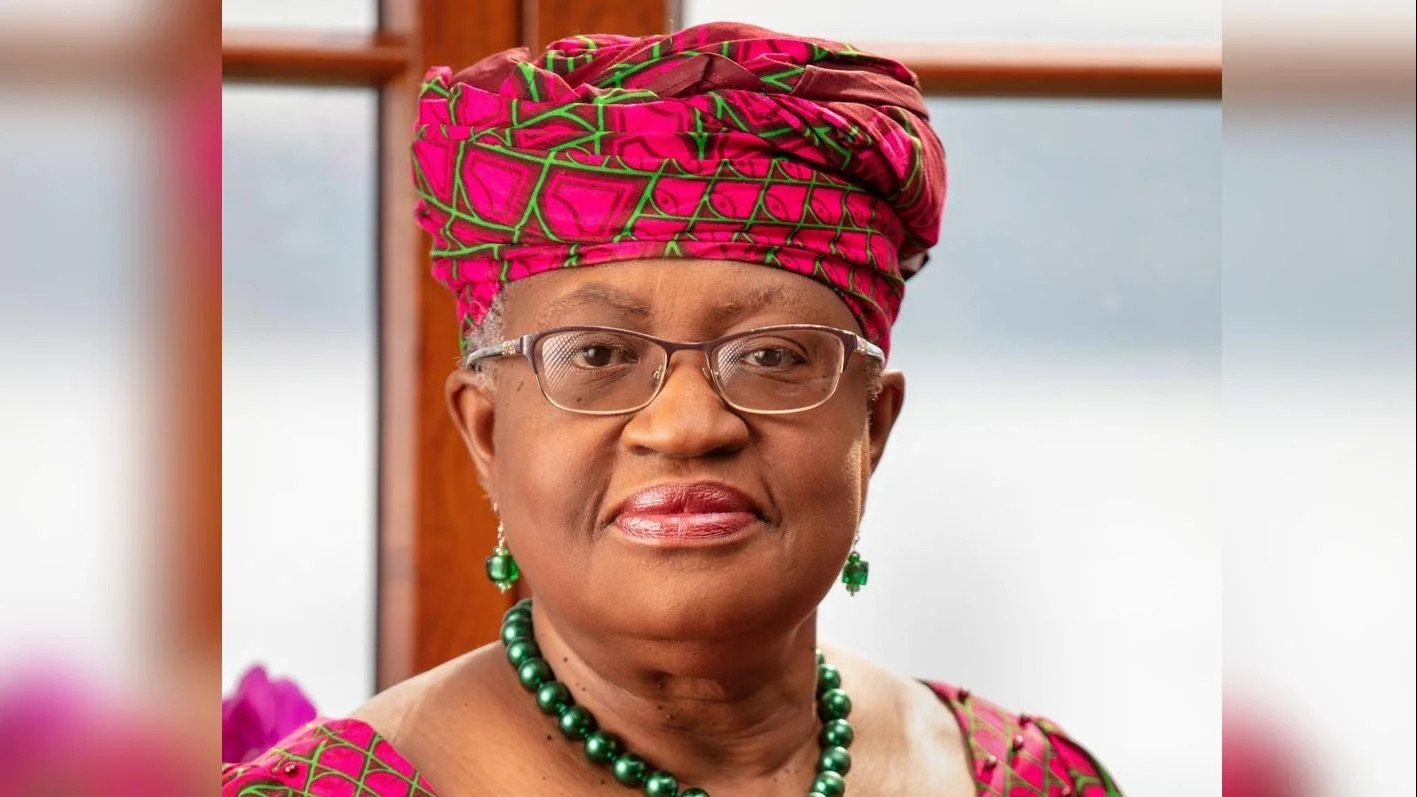Members of the World Trade Organization (WTO) met to discuss transparency and non-preferential rules of origin, with a focus on challenges faced by least-developed countries (LDCs). The LDC Group, represented by Cambodia, Senegal, Zambia, The Gambia, and Nepal, presented an updated expectations paper that consolidated requests to preference-granting members regarding preferential rules of origin. They highlighted best practices in areas such as ad valorem percentages, changes in tariff classification, calculation methods, direct consignment, proof of origin, and cumulation provisions.
Supported by the United Nations Conference on Trade and Development (UNCTAD), the LDC Group shared preliminary findings from a field study funded by the United Kingdom government. The research examined how firms in African countries—including Mauritius, Kenya, Mozambique, South Africa, and Ethiopia—use cumulation provisions. While successful cases were identified, the study also pointed out significant obstacles such as high logistical costs, limited awareness about trade preferences and cumulation provisions among businesses, institutional weaknesses, and lack of transparency in national laws and regulations.
The LDC Group introduced a proposal for text to be included in an outcome document for the WTO's 14th Ministerial Conference scheduled for March 2026. The proposed text aims to reaffirm information from previous ministerial decisions, recognize work done within the Committee on Rules of Origin (CRO), and instruct the Committee to intensify efforts to identify and agree upon best practices for preferential rules of origin and related administrative requirements.
Some preference-granting members expressed concerns about this proposed text. They noted that ongoing discussions within the CRO already aim to improve preferential rules of origin used for LDCs. The Chair suggested further engagement through bilateral meetings.
Six members—Hong Kong (China), Viet Nam, Mexico, Albania, Japan, and New Zealand—submitted updated notifications regarding their rules of origin. According to the WTO Secretariat’s report from early October 2025, 58 members have notified that they apply non-preferential rules of origin while 61 do not apply such rules. Some notifications provided standardized information based on a template proposed by the CRO Chairperson in 2024.
Several preference-granting members gave updates on recent developments in their programmes for LDCs. The United Kingdom described comprehensive reforms to its Developing Countries Trading Scheme (DCTS), including establishing a new regional cumulation group in Africa covering 50 countries as well as liberalized apparel rules. Australia, Canada, Japan and China also reported changes to their respective preference programmes and approaches to rules of origin; these will take effect next year.
On November 6th an information session was held focusing on non-preferential rules of origin in international trade. Presentations were delivered by representatives from the WTO Secretariat (on roles and usage), UNCTAD (on compliance challenges), and the International Chamber of Commerce (on business perspectives).
The Chair emphasized engaging with private sector participants during these sessions: "Businesses and trade operators handle rules of origin and certificates of origin on a daily basis and can inform the Committee about real-life problems and gaps." The Chair suggested organizing additional information sessions in future meetings and invited delegations to propose topics.
China raised concerns about tariff uncertainties impacting enterprises due to frequent adjustments in tariffs within today’s global economy. China proposed measures aimed at enhancing transparency around rules of origin.
The next formal committee meetings are scheduled for April 16-17 and October 7-8 in 2026.
Rules of origin serve as criteria used to determine where a product originates nationally—a factor relevant not only for applying import duties but also other trade policy tools such as anti-dumping duties or safeguard measures. Practices differ widely between governments; however, under its Agreement on Rules of Origin the WTO seeks long-term harmonization—other than those relating specifically to tariff preferences—and aims to ensure these do not create unnecessary barriers to trade.
More details about WTO activities concerning rules of origin are available at www.wto.org/origin.

